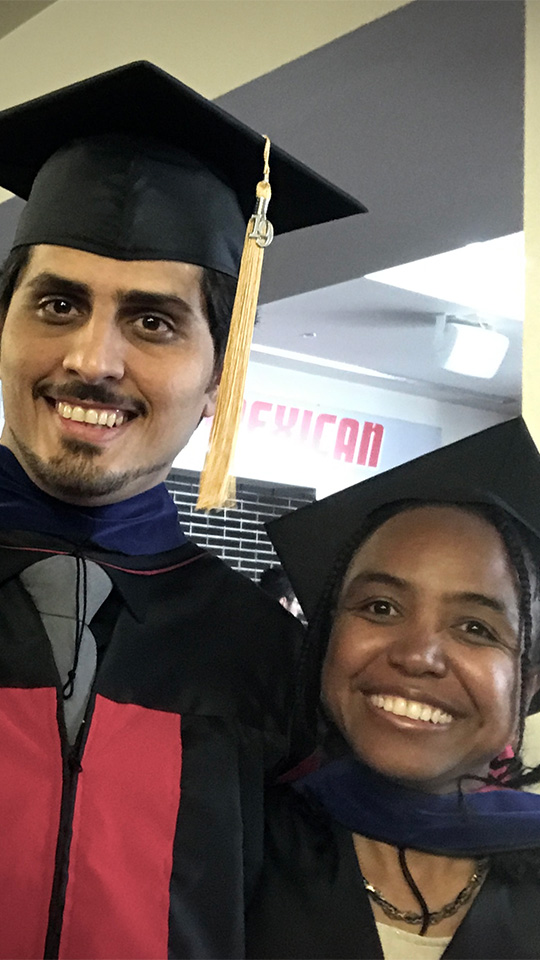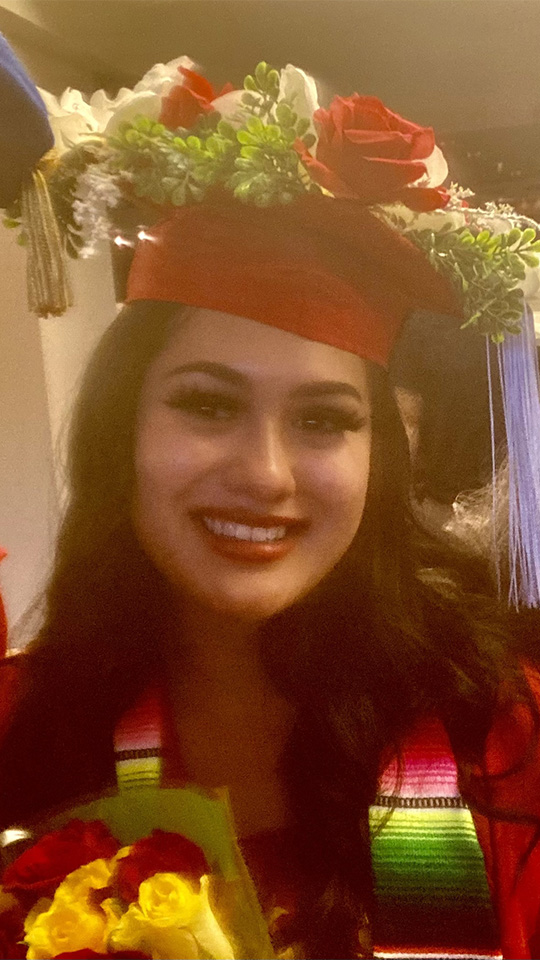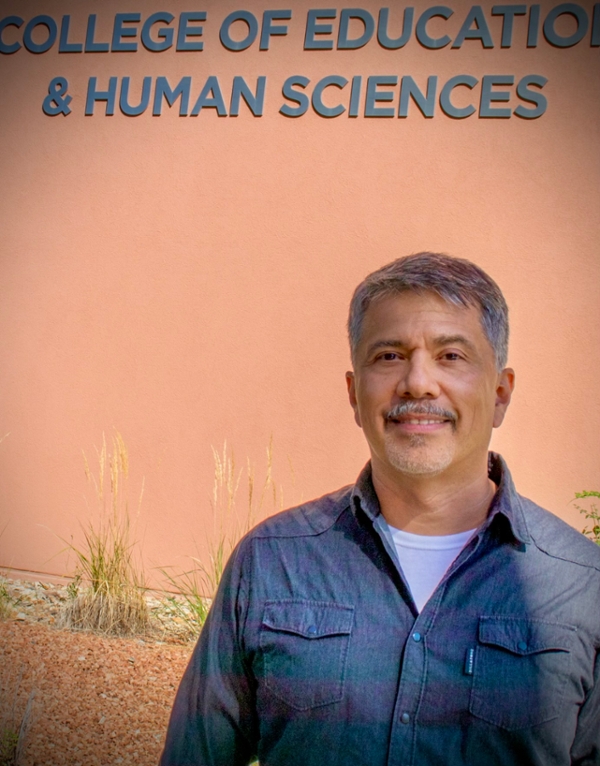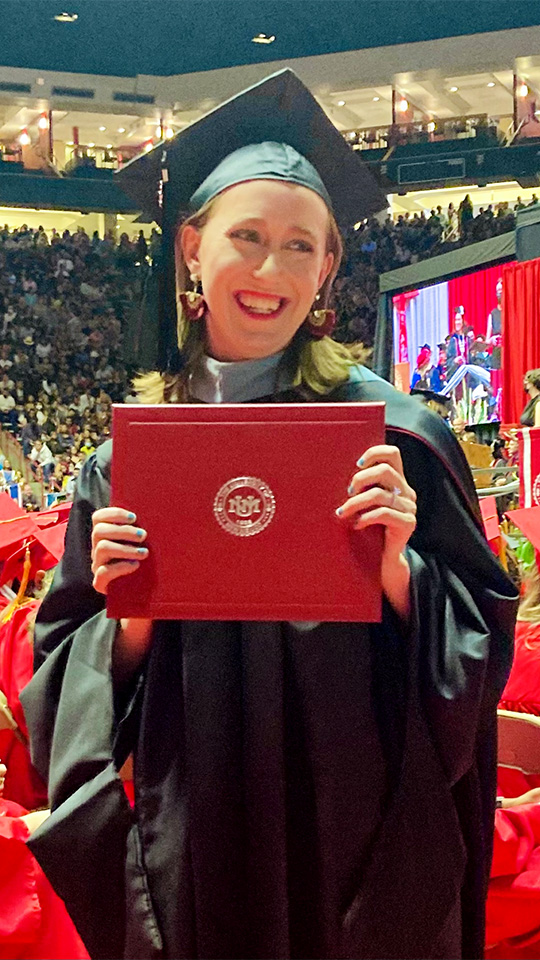
Doctoral
Advance your educational inquiry and actions

Undergraduate & Graduate Options
Other opportunities for graduate and undergraduate UNM and non-degree students

Alumni
Stay connected and support future educators
The Language, Literacy, & Sociocultural Studies (LLSS) department offers a diverse, energizing context with a rich set of courses and programs that address the needs of the increasingly complex world that is faced by teachers, scholars, and others interested in furthering their own knowledge and contributing to a deeper understanding of languages, literacy processes, diverse cultures, and educational thought.
In each of our programs—the Masters of Arts and the Doctoral Programs in LLSS and Educational Linguistics—we strive to combine multicultural education and social action to shape educational practice, policy, and research, while addressing issues of social justice. Our faculty actively effect change through outreach to diverse communities in New Mexico, the nation, and the world.
Dr. Carlos LópezLeiva
Department Chair, Department of Language, Literacy and Sociocultural Studies

The Mission of the Department of Language, Literacy and Sociocultural Studies is to:
- Create an academic community within the college in which democratic governance, open dialogue, authentic collegiality, and collaboration within and out the college are fostered. This community will create an intellectual culture conducive to maintaining and enhancing faculty vitality, productivity, and adherence to professional and ethical standards of conduct. We are also committed to the recruitment and retention of minority students and faculty.
- Identify and address the educational needs of a community that contains wide diversity with regard to class, race, ethnicity, gender, language, sexual orientation, disability, and age by providing leadership, resources, and expertise necessary to create programs that foster the collaborative creation and sharing of new knowledge, pedagogies, and programs.
- Facilitate the study of culture, language, and literacy in conjunction with the study of cultural, social, and political contexts in which educational events and practices are embedded.
- Provide courses and pursue scholarly inquiry in both traditional and anticipatory areas of foundational study. This includes historical, philosophical, sociological, and anthropological examinations of power, knowledge, technology, the media, and new cultural intermediaries and their impact on educational processes and institutions.
- Create a community of educators who will link efforts in multicultural education to social action efforts that promote social reform in the wider community. These efforts would be driven by the wider community and result in empowerment and change in both the college and the community.
- Begin a dialogue with other COEHS programs on the impact of language and culture on the varied fields represented in the College of Education & Human Sciences, such as health, technology, leadership, policy, families, communities, etc.
Our vision is summarized as follows. The Language, Literacy and Sociocultural Studies (LLSS) is a multidisciplinary department committed to:
- the study of the social and political contexts of education;
- Scholarly inquiry using qualitative, critical, and innovative research methodology;
- Valuing differences of class, race, ethnicity, language, gender, sexual orientation, disability, and age as sources of leadership and expertise;
- creating a community of educators devoted to social justice.


